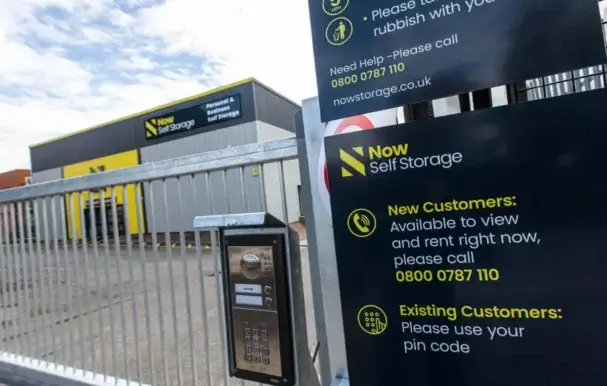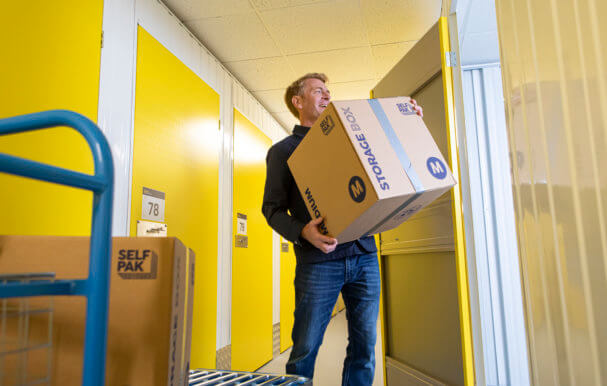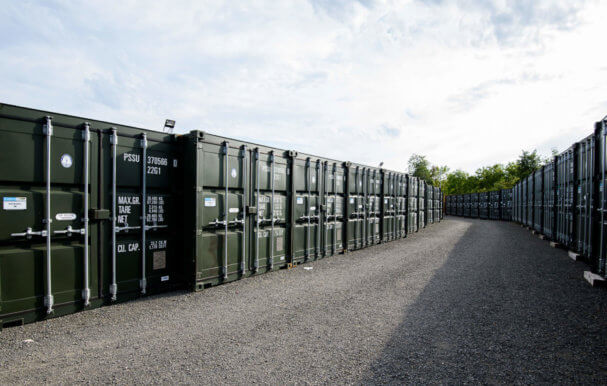The ultimate guide to moving house
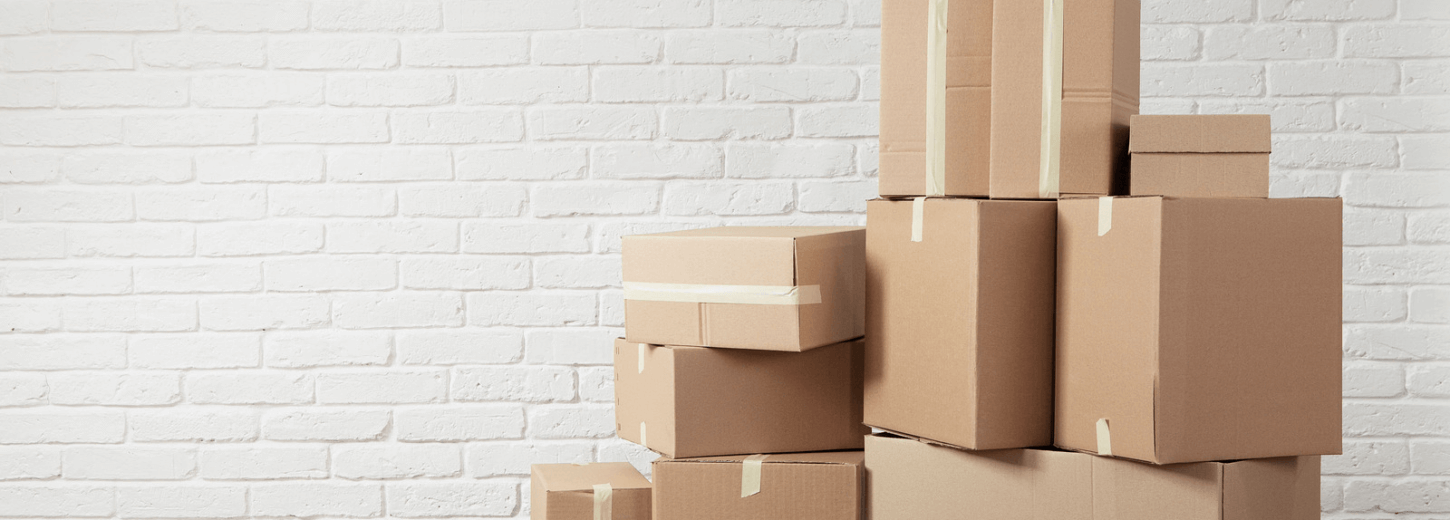
The whole process of moving house can be a real whirlwind, and house sales and purchases don’t always go through smoothly. There is indeed a wide range of factors that go into a successful house move, but it’ll all feel worth it once you’ve settled into your new home!
The average Brit only move 4 times during their entire lifetime, so moving house is definitely something you want to get right, particularly if you’ve got a family to look after.
At Now Storage, as industry experts in all things self-storage, we help a vast number of home movers year in, and year out, through the storage services we provide at our sites across England and Wales. In order to provide you with some helpful tips on this sometimes challenging endeavour, we’ve created this ultimate guide to moving house.
Table of contents
- How much does it cost to move house?
- How long does it take to move house?
- Is moving house stressful?
- What do I need to do when moving house
- How to pack when moving house
- Hire a self storage unit
- Why choose Now Storage
How much does it cost to move house?
Regardless of what you’re next step is, the type of property you’re moving into, or whether you’re renting or a homeowner, moving house costs money. But what are the costs involved in a house move that you need to weigh up?

Letting or estate agency fees
Letting agents, estate agents, and landlords are no longer allowed to charge for anything else apart from the rent, tenancy and holding deposits. Whereas in the past, letting agents used to be able to get away with charging ambiguous ‘admin fees’.
Using an established reputable estate agent that’s well-trusted by potential buyers will help you sell your house quicker, and hopefully, also allow you to also get a better deal. Estate agents charge a percentage fee for the sale of your property, and the fees typically range from 0.9-3.6% (plus VAT).
Mortgage
Although mortgages are already costly financial commitments for you to have to pay off over time, there are also additional initial costs involved in successfully setting up and securing a mortgage.
The arrangement fee for the lender to arrange and secure the mortgage for you together with the non-refundable booking fee to submit your application can easily all add up to several thousands of pounds. Want to go for the option of getting a mortgage through a broker? They are likely to charge you a fee for this service. So, do your research before applying for a mortgage!
If you’re renting on the other hand, then the mortgage costs of the property will be for the landlord to take care of, and not you.
Conveyancing solicitor
Another fee to take into account when buying or selling a house is the cost of hiring a solicitor to act on your behalf and take care of the conveyancing of the property. Their findings can provide you with helpful information for you to consider, such as local planning permissions.
For instance, perhaps you’re thinking of buying a place and the solicitor discovers during conveyancing that soon there will be a new train line with planning permission being put in place near where you’ll be living. This could be pretty noisy and is the sort of thing you’ll want to learn about before you buy.
Surveyors
When buying a new house, you will want to know about any significant structural issues and the repair work you could be faced with when the deal finally goes through and you own the property.
You don’t want to purchase a property while unaware that there are major repairs to do and it all quickly manages to turn into a money pit and a nightmare for you. For this reason, you will need to pay for chartered surveyors to carry out inspections before you purchase your new home. Home surveys in the UK don’t necessarily come cheap, and usually cost around £300 – £1,500.
Stamp Duty
Stamp duty is paid as a percentage of the total value of your house. The rates at present means that you have to pay zero stamp duty on houses below the value of £250,000.
Removal company
You may have collected a wide range of household possessions down the years, and moving them all into your new home all by yourself could be tricky, especially larger-size items like sofas, wardrobes, beds, television sets, and so forth.
Therefore, another thing you may want to consider spending money on is using a removal company to help you out. The amount you spend on a removal company will vary depending on just how much stuff you’ve got to pack and move, and how far away your new place is.
Renters – you may also need to factor in the cost of paying for a removal company to help you when you move home. It all really depends on how much stuff you’ve got and how much of it you want to move with you to your new home.
Generally speaking, using the services of a removal company for a home move costs around £400-£2000.
How long does it take to move house?
A house move can be a long drawn-out process that takes a while to go through and complete. The average time it takes to move house in the UK is anywhere between 8-22 weeks! So, you may want to go about packing and unpacking your possessions gradually and not rush things.
Home buyers and sellers ought to be flexible and keep an open mind about any proposed move-in dates. The legislation in England and Wales means that house offers are merely verbal agreements, and nothing is legally binding until the moment contracts are exchanged.
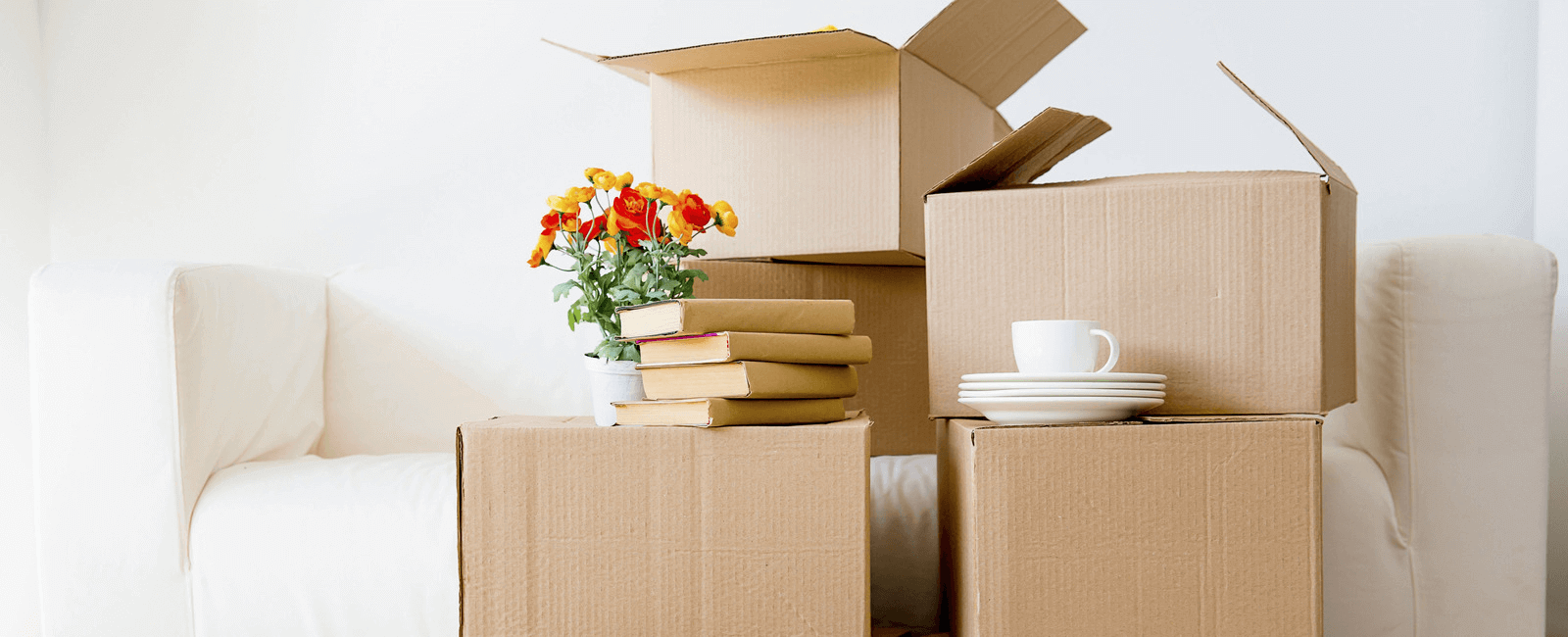
Renters should also remain open-minded about the move-in dates being subject to change. A landlord can decide to change the goalposts and alter the starting date for a new tenancy agreement.
So, it may not be a case of you moving out of one place and going straight into a new one on the same day. There could be a significant time gap between you leaving your home and moving into another. Delays can happen at any point. One frequent cause of delays is the time it takes for mortgage applications to be approved. Buyers and sellers are often stuck in a ‘chain’ where any developments whatsoever have a real knock-on effect on others in the chain.
Is moving house stressful?
Moving house is a big life decision and the whole experience can make house moves stress-inducing. The timeframe for moving house is ambiguous since things can change at any given moment. This doesn’t always help to reduce your stress levels.
A 2019 study uncovered that 40% of Brits find moving house more stressful than other life events, ahead of even getting a divorce or having a baby.
Packing and unpacking everything you own safely is a major part of the stress of moving house. If you are in between properties and need somewhere to store your belongings, or want to empty your home gradually to alleviate stress, self-storage is the perfect solution. We at Now Storage work hard to provide ideal storage solutions for busy home movers, and we are a self-storage provider you can depend on.
What do I need to do when moving house
Let’s not underplay it, moving house is a big deal for anyone. So, just where do you start? There are many hoops to jump through during the process. Here are a few things you need to do when moving house.
Questions to ask your seller
So that you are completely in the know before you finally move into your new house, think about questions you may want to pose to your seller.
Asking the right questions will make the transition to settling into your new place smoother. Here are some examples of a few questions you ought to be asking.
Where is the mains water stop cock?
Plumbing issues such as burst pipes and flooding can result in thousands of pounds of damage to your property. It’s vital that you know where the mains stop cock is located. In urgent situations, you may need to cut off the water supply immediately.
Where are the heating controls?
Homes in the UK can get pretty cold during the winter months, even if you’ve got decent insulation installed. On the flip side, we’ve had some pretty roasting hot heat wave-laden summers in recent years, where you definitely haven’t needed your heating switched on! Ask where the heating controls are in the house so you can adjust the settings accordingly.
When do the bins get collected?
Bin collections are normally carried out fortnightly or even weekly if you’re lucky by local council authorities in the UK. However, it will be helpful if you know the days on which the bins are routinely collected by asking about this before you move in.
What companies currently supply energy and broadband to the home?
In light of the cost of living crisis, energy bills are now more expensive than ever in the UK. In order to help you get the best energy deals for your new home, you may want to shop around and use the provider with the most affordable offers and excellent levels of customer service. Asking about the current energy providers. You may be able to find cheaper deals and save money in the long run at your new home.
Do you work remotely using the internet? Perhaps your kids are big online gaming fans? In this case, you should ask who the internet broadband provider currently is before you move in. Maybe you can get a better deal by going with a different internet provider.
Book a removal company
Hiring a removal company can make your house move a lot smoother. After all, your vehicle may well not be large enough to pick up and transport all your possessions. Removal company staff are always an appreciated extra helping hand.
Reading information and reviews about local removal firms and what they offer is useful in helping you to decide which removal company will be best for you to go for. Evidence of excellent customer service is key. You don’t want to be shortchanged after spending your hard-earned money on removal services when you move house.
It’s not just on the internet where you might hear about a removal company. Good ol’ fashioned word of mouth can also be a reliable way of helping you book a removal company for your situation. Speak to friends and family who have recently moved about their experience of using a removal company.
You will also need to calculate the size of your belongings and exactly how much you’ve got to move. This will affect the size of the removal van/s you will need and the overall cost.
Create an inventory
Have you got a collection of items which are special to you that you definitely don’t want to get lost during your house move? Perhaps you’ve got a large number of CDs, old records, books or newspapers. Ensure you keep an inventory list of your belongings. This will help you keep good track of your items should they go missing at any point during your house move.
Take photographs of your belongings before you pack them away into boxes or containers. Taking a photographic inventory in this way may come in handy and cover your back if you ever have to make an insurance claim at a later date. It’s better to be safe than sorry, so compiling a detailed inventory when you move house is a no-brainer.
Why not create a checklist of the items you’re moving from your old house to your new one? That way, you can easily tick off the items that have safely arrived when you get around to the unpacking stage at your new place.
Redirect your mail
You certainly don’t want important mail such as bank statements, bills, credit or debit cards, or legal documents being sent over to your old address when you’ve moved house and no longer live there. Looking after your personal private information is important and data theft is a real imminent threat in 2023.
The Royal Mail in the UK can redirect your mail to any UK or overseas address for 3, 6 or 12 months for a fee of upwards of £33.99.
How to pack when moving house
Having all your belongings and possessions surrounding you will contribute to making the new house you’ve moved into truly feel like home. Your household belongings aren’t just things and commodities. They might be photos of happy times and precious memories, family heirlooms that’s been passed down the generations, ornaments you’ve had for decades and admire, and more.
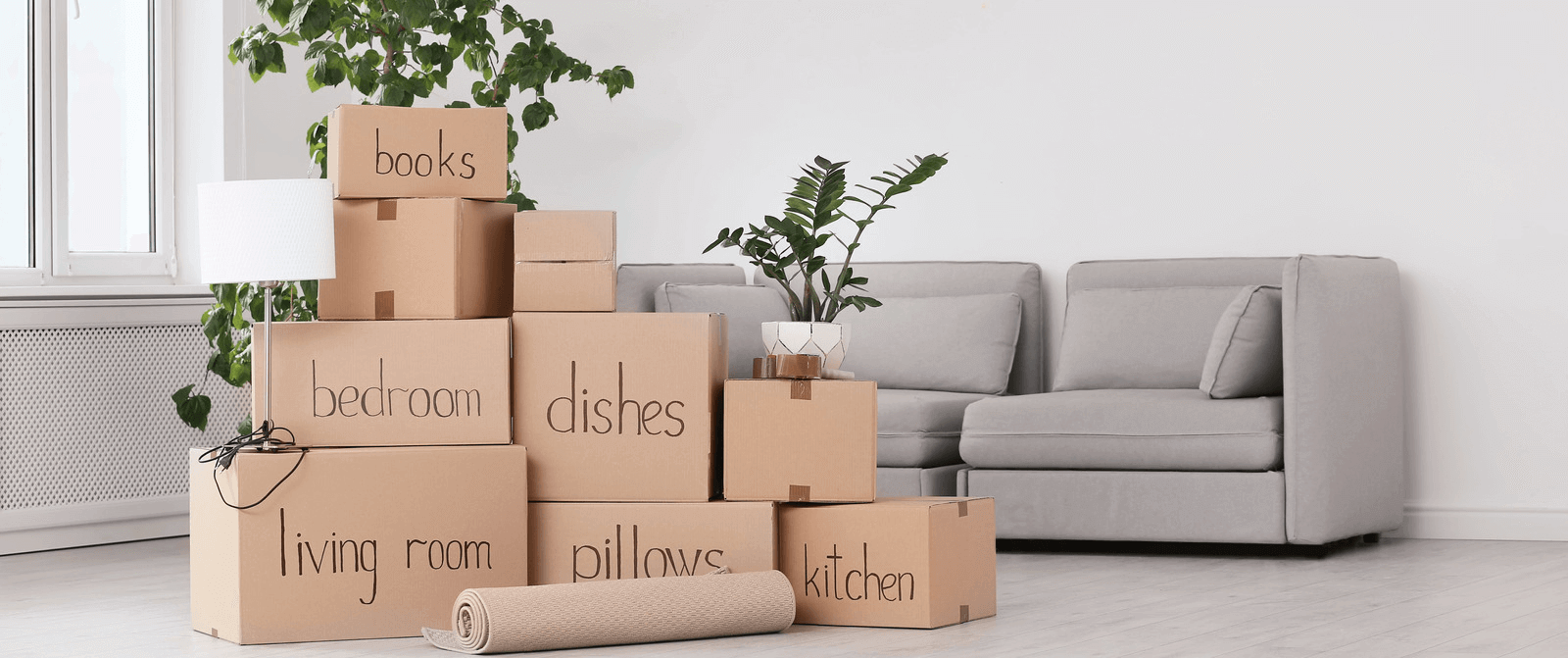
Take a methodical approach to how you pack. This will help to ensure items avoid getting damaged, broken, or going missing along the way.
Packing hacks and tips
Here, we’ve put forward a few handy hacks and tips to help you pack when you’re moving house.
Begin packing way in advance
The time to move home can come around quicker than you may have imagined. Preparation is key when you’re moving home, and we recommend that you start by packing a long way in advance.
It’s pretty normal for home movers to spend several months packing household possessions into boxes, especially when it’s a large family gearing up to move home or people have lived in that property for many years.
Accept help from family and friends
Having all hands on deck to help you get everything ready and pack and unpack all your things can be a great help when you’re moving house. It’s a lot for one or a few people to do all by themselves. Be open to accepting any offers of assistance from friends, family members, or housemates.
Declutter
Sometimes, being a little brutal and selective when deciding what to pack and take along with you to your new abode can pay dividends. Without a doubt, moving home can play on your heartstrings, especially if it’s a home you’ve lived in for many years that holds precious memories you’ll never let go of. Nevertheless, try not to get too sentimental about things, you may well not be able to keep everything!
Have a good ‘keep or chuck’ session to help you declutter. You’ll find a cluttered home is tougher to sell since it’s less appealing to potential buyers. So, not getting rid of clutter could have detrimental knock-on consequences. Decide what you do and don’t want to keep!
Times are hard. The cost of living crisis is only too real in many communities in the UK. Charity shops across the country can do with all the supplies and donations from the public that they can get. So, why not give some of the items you’re deciding not to take with you to your new house to the charity shop? That way, someone else can always put them to good use and they won’t go off to the tip!
Label your boxes
It can be confusing when you start unpacking in your new place and suddenly come to realise the cardboard boxes all look the same, and you don’t know where anything actually is! Rifling through all the boxes to find what you’re after will be time-consuming.
It’s best to pack like with like and put labels on the outside of all your boxes clearly stating what’s in there. For example, writing ‘kitchen crockery’ in black marker on a label attached to a box will make it easy to find specific items and to know which boxes need to be put in which rooms.
Put heavier items at the bottom
When packing all your worldly possessions during your home move, be sure to remember to place heavier items at the bottom, and lighter ones nearer the top. Going the other way around by placing heavier items at the top will mean they crush and damage lighter-weight items at the bottom, and you don’t want that!
The same principle of putting heavier things at the bottom also applies when it comes to stacking boxes in storage units on top of one another. Lighter ones on top, heavier ones at the bottom. And be wary, towers of cardboard boxes stacked too high can inevitably tumble and fall on you with very little warning!
Roll clothes, don’t fold
Folding clothes as you pack them can cause tricky creases to develop which are then hard to get rid of. So, our advice is to roll the clothes you’re packing when moving house, as opposed to folding them.
Put aside essentials
Make sure you don’t pack away essential items that you will need to have at hand in the interim period of moving house. This could include toiletries, medication, clothes (warm coats and jackets if it’s winter), bedding, toothbrushes, kitchenware, and so on. It’s wise to keep suitcases with you that contain all the necessities you’ll still need. Don’t go leaving yourself short!
Packing equipment checklist
Structured packing equipment checklists can work wonders when you’re trying to be organised about your packing when you move home. You’ll need a fair amount of equipment to help you pack, so here’s a useful packing equipment checklist:
- Scissors
- Cardboard boxes of various sizes
- Strong packing tape
- Styrofoam
- Bubble wrap
- Newspaper
- Permanent marker pens
- Sticky labels
- Blue tac
Hire a self storage unit
A top option to help release some of the stresses involved in moving house and all the packing, unpacking, and getting ready to move your belongings from one place to another is to hire a self storage unit space.
There could be quite a wait between leaving one place and moving into another. Moving home, whether renting or buying, is an uncertain business. Having access to a self storage unit could well be just what you need.
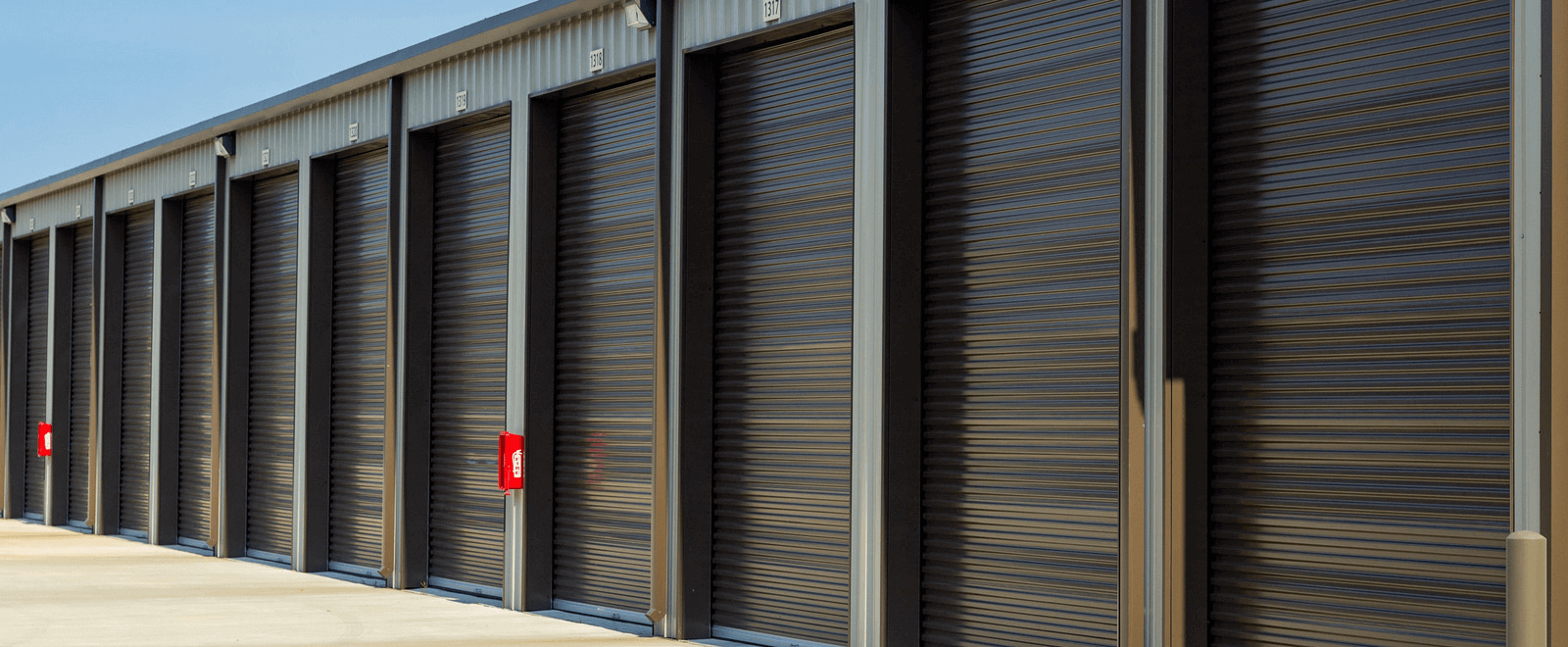
Now Storage has a total of self-storage facilities at 13 locations in England and Wales, and we are the go-to for our long list of returning customers, wholly satisfied with the service we provide to them.
Moving home soon and wondering how you can find a practical storage solution that will give you peace of mind knowing your things are safe and secure? Look no further than Now Storage.
Choose your unit size
When you’ve decided to go down the route of hiring a self storage unit, it’s now important to ensure you get the right size storage unit for all your needs. Look on our website to get a quote for the different size units we offer for your preferred location. Big or small, we’ve provide units of all different sizes.
Larger size units are great for storing bigger items. Think bicycles, beds, sofas, tables, chairs, freestanding cupboards and wardrobes. You’ll find the rental prices of Now Storage’s larger-size units to be extremely competitive.
Protect your belongings
When hiring a storage unit as you move house, you need to think about the steps you’re going to take to help protect the items you’re putting in the unit.
Taking measures to protect the items you put in the unit will feel like it’s all worth it when you begin unpacking at your new home and all your belongings are in excellent condition and ready for you to go and use. Here are a few more suggestions on protecting the possessions you put in a storage unit.
Know what you can and can’t store
Part of protecting your goods in storage is ensuring that they’re kept in a sanitary place and away from any mould, bacteria, and anything else that will have a damaging effect.
Storage unit providers will therefore often have rules in place which stipulate the items you are and aren’t allowed to store. So, have a good read of these before going ahead and packing your items into a storage unit.
Here at Now Storage, we are dedicated to doing all we can to look after your possessions and make sure they’re returned to you in the same state of repair they were in when you left them at our storage facilities. We have rules on items you’re allowed to store with us.
Things you can’t store in Now Storage’s units include:
- Stolen items
- Illegal goods
- Dangerous or explosive items
- Jewellery and watches
- Money
- Title deeds
- Plants
- Food and drink
- Animals
- And of course, humans!
Why choose Now Storage
A big benefit of picking Now Storage is that we take the security of your belongings seriously. With the security of your goods in mind, we operate state-of-the-art CCTV monitoring and security systems at all of our self-storage sites. This will take a weight off your mind.
In addition, having good access to your belongings is important when moving house. Things can change in the space of a few days and the process can be uncertain at times. So, another upside of picking Now Storage when you move is that you are given the ability to access your possessions 7 days a week at all of our sites.
Above all, we really do understand the stress that home movers go through. Our staff provide a service that goes above and beyond for our customers.
Are you thinking of moving home soon and interested in hiring a self storage unit? Get in touch with us here at Now Storage by calling our head office today on 0333 255 2403, or by sending us a message on our website. We are a dedicated team focused on delivering results for our customers and fulfilling their storage needs!
Reviews
Your questions answered
In need of some assistance? Check out our FAQs or for free friendly advice.
Or you can find the phone number for your local storage facility here

